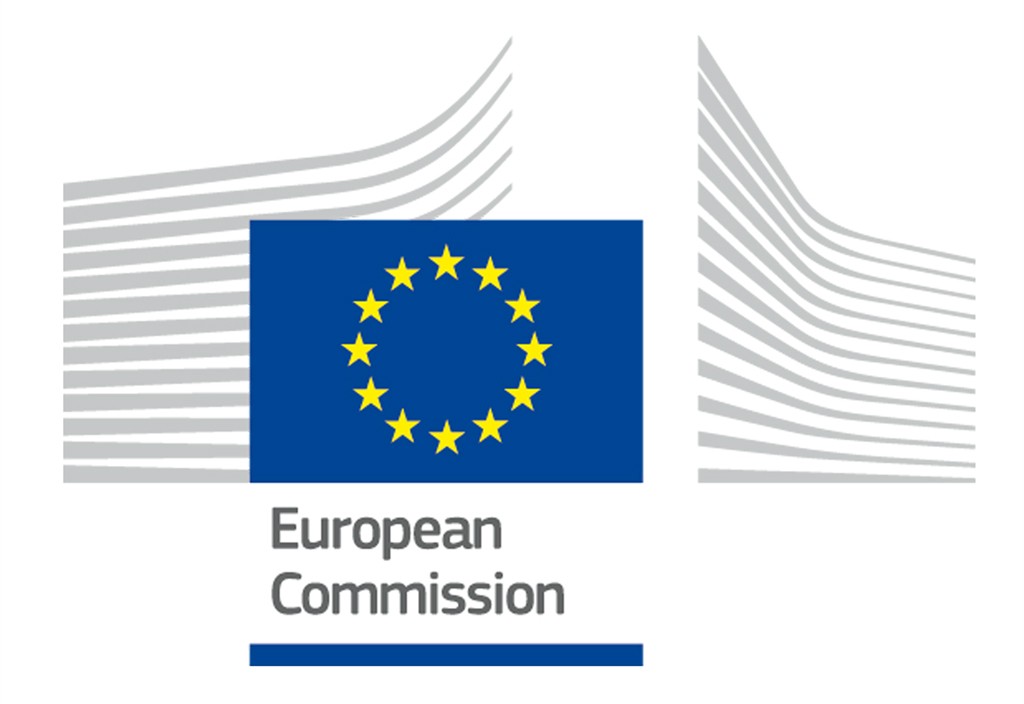About
DG INTPA is responsible for formulating the European Union’s international partnership and development policy, with the ultimate goal to reduce poverty, ensure sustainable development, and promote democracy, human rights, and the rule of law across the world. To achieve this goal, DG INTPA uses a variety of aid modalities and instruments, including Triangular Cooperation, harnessing the full potential of the international partnerships inherent to this modality.
The European Union / DG INTPA and Triangular Cooperation
The European Consensus on Development is firmly based on the 2030 Agenda. In line with the principle of the universality of this commitment, the European Union is strongly convinced that the solutions to today's sustainable development challenges come from all corners of the world. Based on this conviction, the European Union understands that increased efforts are needed to identify, mobilise and harness these different responses in order to access more knowledge, more expertise and more resources; all while building momentum to work together, share, learn, innovate and tackle the challenges.
Among the range of possibilities, Triangular Cooperation has proven to be a particularly effective modality through which these efforts can be directed.
The Consensus itself recognises this, highlighting its particular suitability for joint collaboration with countries in development in transition:
Innovative engagement with more advanced developing countries.
More advanced developing countries have important impact and influence within their regions, including as sources of regional stability. Their cooperation with other developing countries is expanding rapidly and represents an important proportion of all international cooperation. The EU and its Member States will develop new partnerships with more advanced developing countries in order to promote the implementation of the 2030 Agenda through a broader range of cooperation. At the core of these partnerships lies dialogue on public policy and reform. The policy dialogues will promote mutual interests and identify common priorities, partnerships and principles for cooperation for the implementation of the SDGs, which provide a common and integrated framework for cooperation. These new partnerships will promote the exchange of best practices, technical assistance and knowledge sharing. In addition, the EU and its Member States will work with these countries to promote South-South and triangular cooperation consistent with development effectiveness principles.
Triangular Cooperation is a horizontal and partnership-centred modality, in which the complementary knowledge and experience of the different partners and their resources are leveraged to jointly create solutions that address development challenges.
This definition focuses on the development challenges and highlights the knowledge and expertise to respond to them, as well as the relationship and synergies between partners. The role of each of the partners is the key factor in determining when an intervention falls within the scope of Triangular Cooperation.
An intervention can be considered within the scope of Triangular Cooperation when at least three partners participate, and each of them takes on one of the following roles:
- Beneficiary: seeks support to meet a development challenge, making their knowledge and experience available, in addition to providing financial resources in certain cases.
- First provider: has experience in addressing the same development challenge in a similar context as the Beneficiary, shares its knowledge and experience with the Partnership and, in certain cases, provides financial resources.
- Second provider: contributes to strengthening the Partnership and provides support through its knowledge, experience and financial resources.
This combination of roles facilitates partnerships between entities from countries in different stages of development, combining diverse resources and thus fostering complementarity, coordination, knowledge sharing, joint learning, ownership, trust and flexibility for the co-creation of solutions with a high potential impact on development objectives. It also fosters an increase in the volume, scope and sustainability of interventions. In this regard, all partners are called upon to contribute and benefit. This way, the whole is greater than the sum of its parts, and the development impact of the combined efforts has a multiplier effect.
Several EU development programmes have effectively addressed development challenges through components that resemble Triangular Cooperation models. Through these models, such as peer-to-peer learning and the exchange of experiences between similar institutions, significant changes have been made in public policies in various regions of the world, including Latin America and the Caribbean.
In this context, an important step for the European Union / DG INTPA has been the creation of ADELANTE, a programme with a special focus on Triangular Cooperation as a modality, which in itself is a completely innovative approach.
›› Visit the ADELANTE solution profile on South-South Galaxy
›› Visit the ADELANTE 2 page under the South-South Galaxy financing section
 European Commission / Directorate-General for International Partnerships (DG INTPA)
European Commission / Directorate-General for International Partnerships (DG INTPA)
